Latest articles
Our recent publications
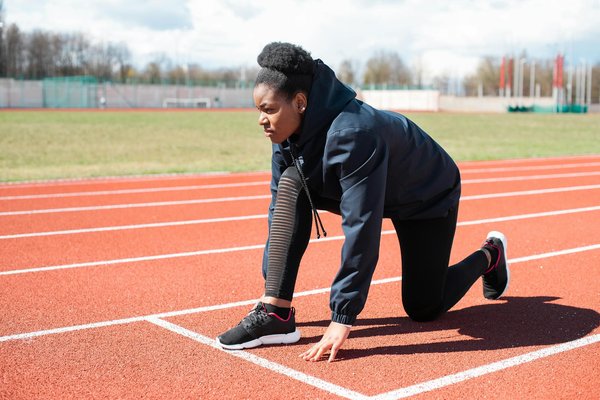
Boost Your Jump: The Definitive Strength Training Guide for UK Basketball Players
Understanding vertical jump mechanics involves a dive into the marvel of biomechanics at work. A vertical jump is more than just leaping into the air; it includes the complex inter...
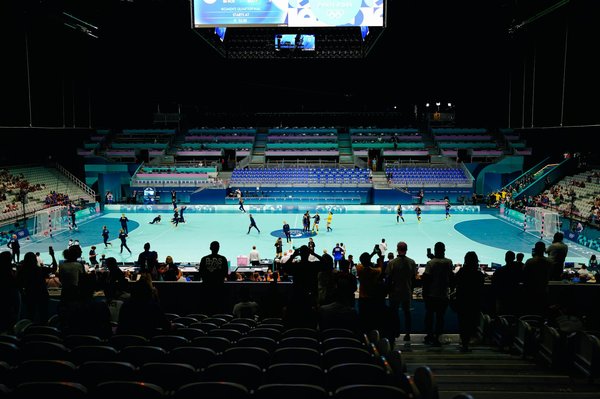
Elevating UK Basketball: Top Travel Tactics to Amplify Team Performance
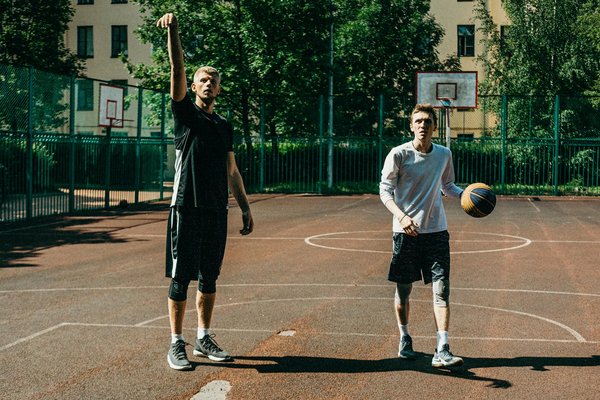
Essential communication techniques for uk basketball players to elevate on-court performance
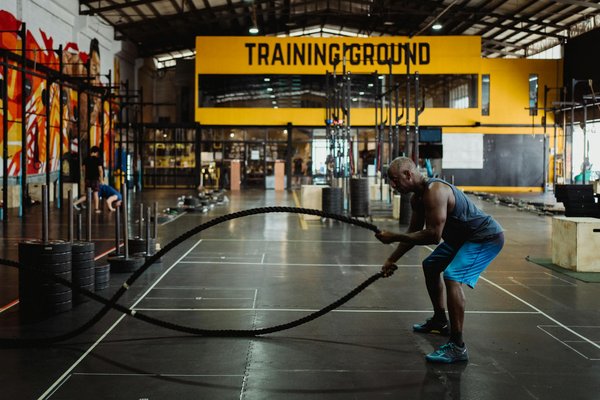
Mastering pre-game nerves: essential tactics for uk basketball players to thrive

Mastering the art of shooting: essential techniques for uk basketball players

Transforming Talent Discovery and Recruitment Strategies for Rising Stars in UK Basketball Academies
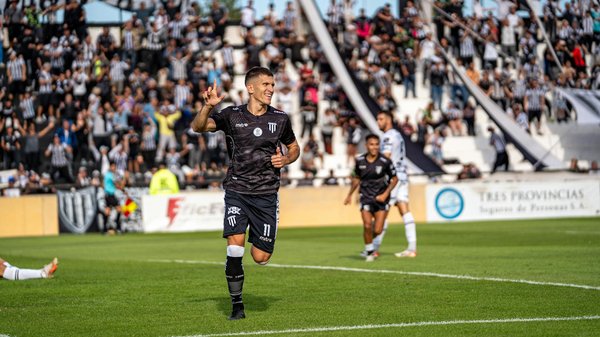
Boost Your Winter Racing: How Sport Bike Tire Warmers Sharpen Track Performance in the UK

Discover must-have bikes and gear in our e-store

Explore top bicycles and accessories at our online shop

Mastering Chain Precision for Your Sport Bike: Achieving Peak Performance in the UK's Diverse Climate

The Ultimate Guide to Sport Bike Gear: Top Picks for All-Weather Protection in the UK
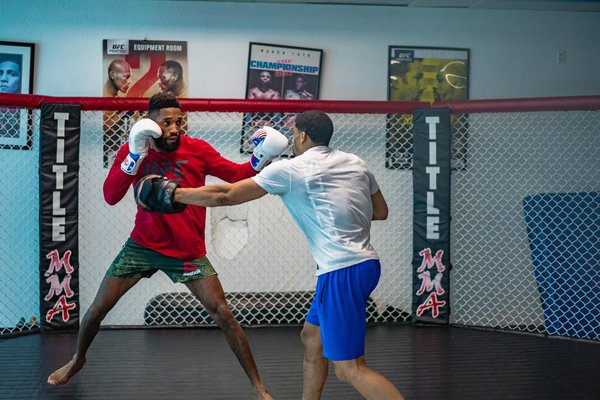
Boost Your Boxing Skills: Unlock the Power of Swimming in UK Training Regimens
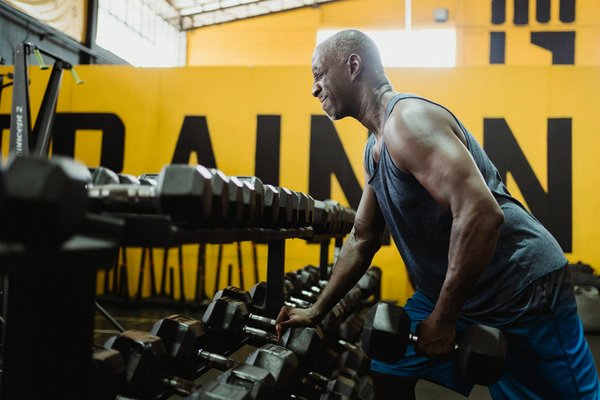
Building Grit: Expert Strategies to Boost Mental Toughness in Young UK Combat Sports Athletes

Harnessing Adrenaline: Top Strategies for UK MMA Fighters to Elevate Performance and Maintain Control
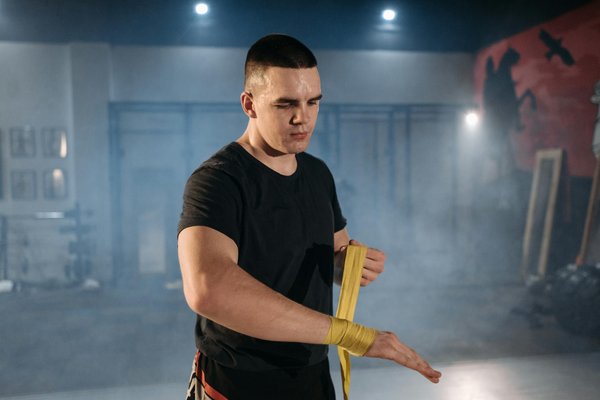
Master the Roundhouse Kick: Crucial Kickboxing Techniques for UK Fighters

Maximum Flexibility Enhancement Tips for UK Judo Athletes: Key Injury Prevention Strategies

Preserving Tradition: Cutting-Edge Training Methods Empowering UK Wrestlers and Protecting Cultural Legacy
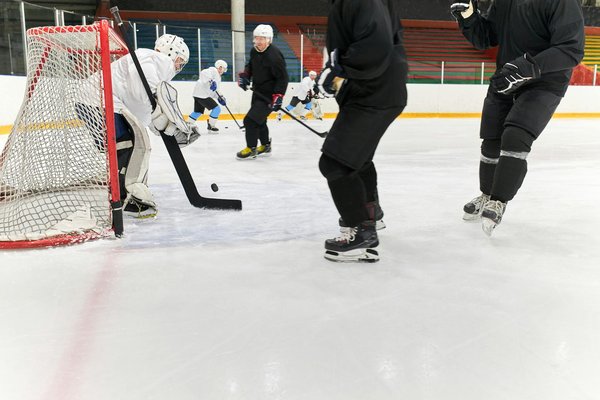
Boost Your HIIT Game: Premier Breathing Techniques for Peak Athletic Performance

Crafting a High-Performance Sprint-Focused Training Regimen for Field Hockey Mastery

Elevate Your Jump: Top Power Moves to Boost Your Basketball Vertical

Master Your Serve: Cutting-Edge Strength Training Techniques to Elevate Your Tennis Game

Top Post-Competition Recovery Tactics for Athletes: Boost Your Performance to New Heights!

Ultimate Guide to Flexibility: Expert Mobility Tips for Gymnasts

Ingenious Strategies for Football Teams to Overcome Fatigue in Packed Match Schedules
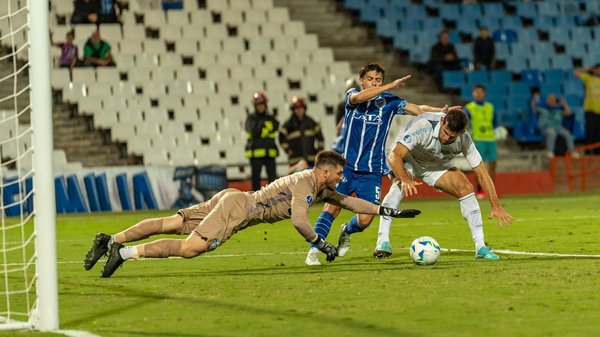
Mastering Game Plans: Leveraging Data Analytics for Revolutionary Football Tactics
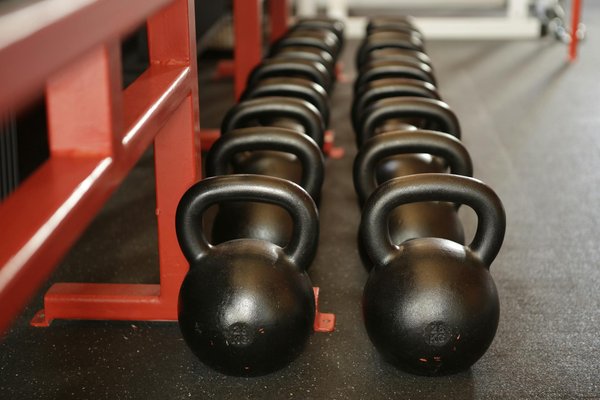
Maximize Game Day Performance: Essential Sleep Strategies for Football Players
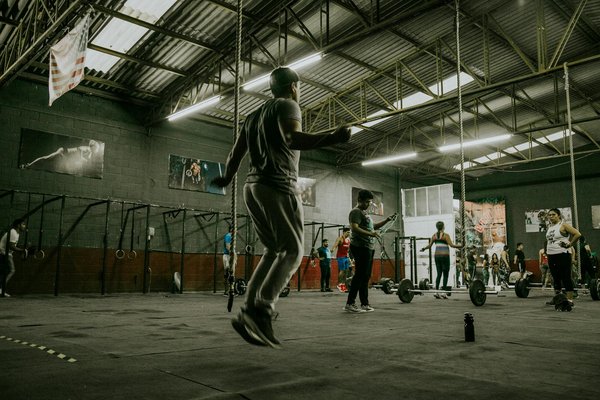
Revolutionizing Football: The Impact of Wearable Tech on Player Performance

The Ripple Effect of Brexit on Non-UK Footballers in English Leagues: Essential Insights and Future Projections
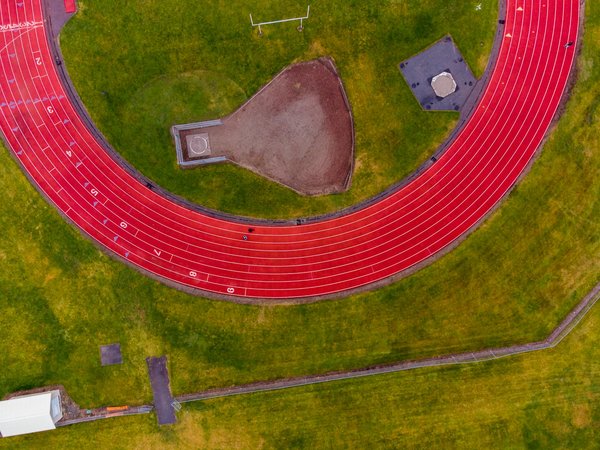
Unlocking Elite Defensive Skills: Key Strategies for Mastering Football One-on-One Matchups
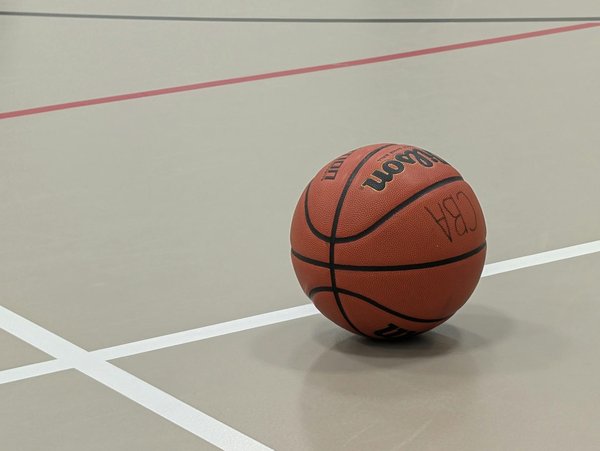
Boosting Mental Fortitude: Key Strategies for UK Sports Teams to Elevate Resilience and Performance
Frequently Asked Questions
What types of sports does Golfpitch130 cover?
We cover a wide range of sports including basketball, cycling, bodybuilding, combat sports, fitness, football, and many other disciplines. Each category features dedicated articles, analyses, and guides written by knowledgeable contributors who are passionate about their respective sports.
How often is new content published?
We publish fresh content daily across various categories. Major sporting events receive real-time coverage, while in-depth analyses and feature articles are released throughout the week. You can check back regularly or subscribe to our newsletter to stay updated.
Are the articles suitable for both beginners and experienced athletes?
Absolutely! Our content caters to all levels of sports knowledge and experience. We have introductory guides for those new to a sport, as well as advanced tactical analyses and technical breakdowns for seasoned athletes and coaches. Each article clearly indicates its intended audience level.
Can I suggest topics or request coverage of specific events?
We welcome reader input and suggestions! While we cannot guarantee coverage of every request, we actively consider reader feedback when planning our editorial calendar. You can reach out through our contact page with your ideas and we'll do our best to address topics that interest our community.